New Google Keyword Planner will Soon Replace Old Keyword Planner
Contributors:
Amol Ghemud
Published: April 5, 2019
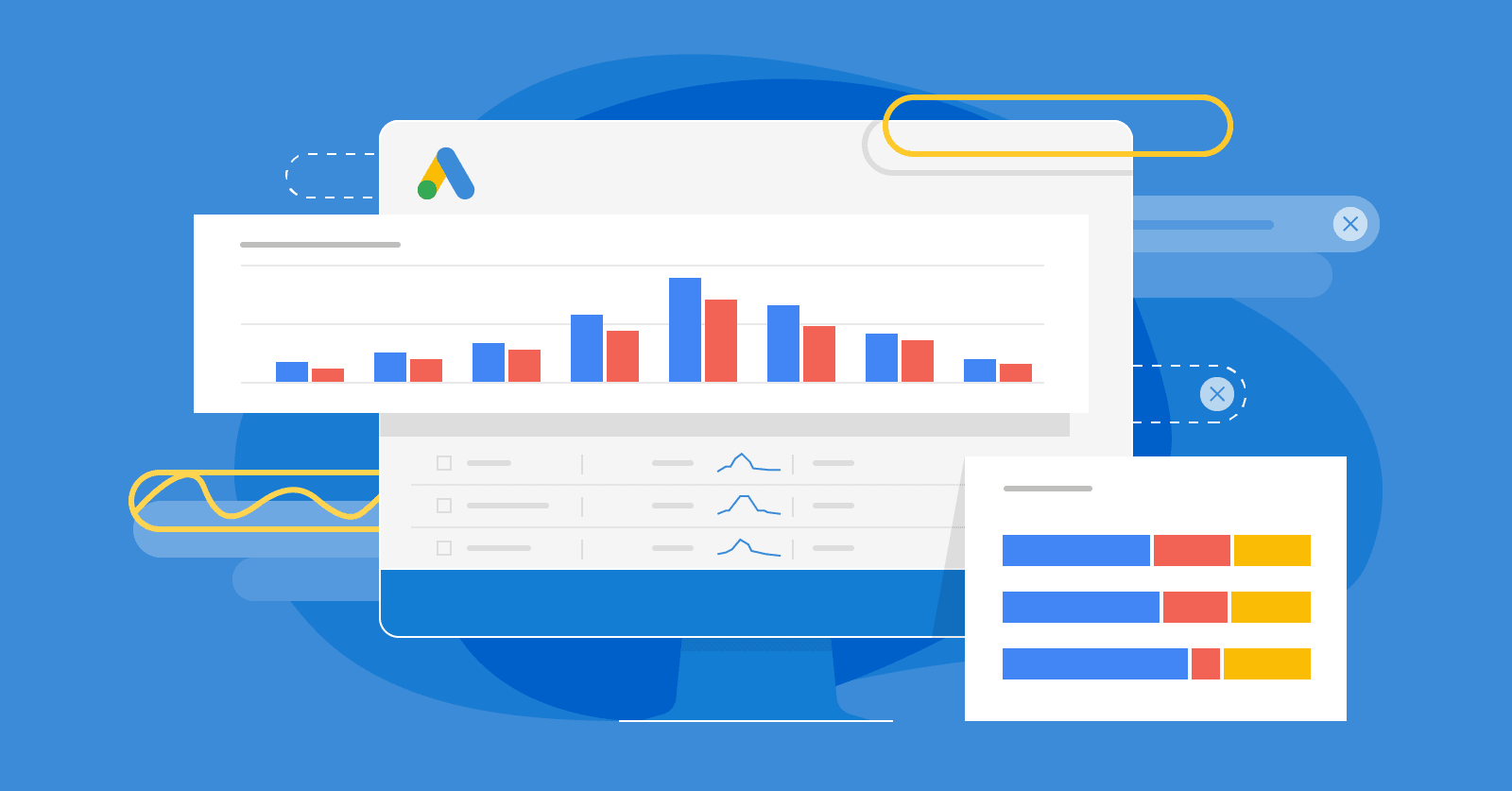
Introduction
The objective of search engine marketing is to target the users based on their intention & show them relevant ads. Search ads are the backbone of any search engine marketing.
With search ads, advertisers target the users when they are searching for any query on search engine(s). Thus, when the query matches with the previously defined keywords in SEM platform, the user sees a search ad relevant to that query.
How are your Google Ads Campaign going?
Download 30 Points Google Ads Checklist to Run Highly Profitable Campaigns DOWNLOAD NOW
Since the evolution of SEM, digital marketing world have observed various platforms. However, the stronghold of Google’s platform i.e. Google Ads (formerly Google Adwords) cannot be breached.
Google Ads is now at the zenith of its service. With users query stored in its database, Google allows advertisers to research and select the specific keywords based on their needs.
Google Ads provide a tool for keyword research which is known as ‘Google Keyword Planner’. Keyword Planner is a free tool for building new search campaigns.
You can use Keyword Planner to get relevant keywords around seed keywords and see how they would perform. With keyword planner, you can decide competitive bids and budgets for your campaigns.
Google keyword planner can help you-
- Find the search volume of any keyword
- Get relevant keywords around seed keyword
- Add keywords directly into account/campaign
New Features
1. More seed keywords
In Google Ads Keyword Planner, it’s the keyword that generates many other suggestions or ideas.
For example, let’s say you are interested in learning more about what related potential phrases could be or important to targeting “buy shirt.”
You would insert your “seed keyword” buy shirt and see that there are numerous keyword ideas around that seed keyword.
Image: Seed keywords
You can now enter up to 10 seed keywords when searching for new ideas.
2. Keyword trends
Within the interface of Google keyword planner is a powerful tool for finding trending keywords. Keyword Planner shows you the actual number of monthly searches for a term over the last 24 months.
Through a custom setting, you can go back as far as 48 months. This tool is useful to see if external factors affect a particular keyword or group keywords.
Image: Keyword trends
In the new keyword planner, you can see trends for individual keyword ideas. Hover over the chart in the ideas table, or download trends directly. Let’s take a look at the results of our term buy shirt:
Image: Search result in keyword planner
3. Grouped ideas
Keyword grouping is an overlooked part of the Google Ads workflow. Many people fail to realize that having tighter, better organized ad groups in your Google Ads account can surely have a big positive effect on overall account performance.
That’s because well-organized keyword groups improve account’s relevance, which raises Quality Score and reduces cost per click.
Productively grouping and organizing keywords improve your PPC strategies by allowing you to create:
- More Quality–Score-friendly ad groups
- And more relevant search ads
- More effective & converting landing pages
In keyword planner, you don’t need to manually group keywords. Google keyword planner takes care of this tedious task.
Image: Keyword ideas
Use Grouped Ideas to manage multiple keyword ideas. View keywords by theme or add the entire set as an ad group in your plan.
Image: Grouping keywords by relevance
4. Save an idea to an existing campaign
From keyword planner itself, you can add keywords directly into an existing campaign or make a new plan. Similarly, you can insert the keyword to an existing ad group or create a new one.
Image: Saving an idea to existing campaign
Moreover, you can select the keyword match type as per strategy.
5. Suggested budget
In ‘Get search volume & forecasts’ section, you can see search volume and other historical metrics for keywords added into a plan. Additionally, you may be able to forecast how they will perform in the future.
Google keyword planner also suggests a daily budget based on the max CPC bid and forecasted cost.
Image: Budget suggestion
With this information, you can easily plan your budgets prior to the campaign start.
6. Competition value column
Google added a new feature in its keyword planner called “Competition (indexed value)”. Competition (indexed value) shows how competitive ad placement is for any keyword. It considers location and search network targeting while reviewing ad placement slot.
The competition level from 0-100 is calculated by the number of ad slots filled divided by the total number of ad slots available. If not enough data is available, you’ll see a dash (-).
Image: Competition value column
How to search for new keywords
1. Sign in to your Google Ads account.
2. In the upper right corner, click the tools icon . Then go to “Planning” & click Keyword Planner.
3. Type or paste one or more keywords or URL in “Find new keywords” search box and press “Enter”.
Image: Finding new keywords
4. Click Get started to get new keyword ideas and historical statistics, like average monthly searches, ad impression share, top of page bid etc.
How to get forecasts and historical metrics for your keywords
1. Sign in to your Google Ads account.
2. In the upper right corner, click the tools icon . Then go to “Planning” & click Keyword Planner.
3. In the “Get metrics and forecasts for your keywords” search box, enter or paste a list of keywords. Make sure to separate them by commas or line breaks.
Image: Getting search volume and forecasts
4. Click Get started to see your forecasts.
5. To see your historical statistics, like average monthly searches or ad impression share, click Historical metrics at the top of the page.
Image: Checking historical metrics in keyword planner
Summary
The New Google Keyword Planner tool supports various workflows for creating ad groups and ad campaigns either starting from scratch or based on your existing keyword list. It provides a more productive user experience than previous AdWords’ keyword tools.
It integrates the keyword selection, keyword grouping, keyword analysis, forecasting, ad slot based competition and filtering aspects of the keyword selection workflow.
About the Author
Optimizer in Chief
Amol has helped catalyse business growth with his strategic & data-driven methodologies. With a decade of experience in the field of marketing, he has donned multiple hats, from channel optimization, data analytics and creative brand positioning to growth engineering and sales.
 Growth Strategy and Planning
Growth Strategy and Planning Inbound Growth
Inbound Growth Growth Hacking
Growth Hacking Search Engine Optimization
Search Engine Optimization Paid and Performance Marketing
Paid and Performance Marketing Social Media Marketing
Social Media Marketing AI-Driven Growth Strategy
AI-Driven Growth Strategy
 Growth Tools
Growth Tools Offers
Offers



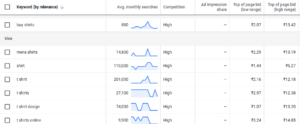
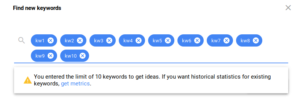


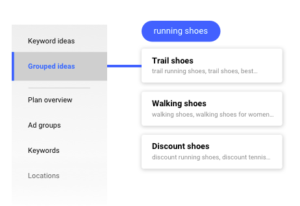
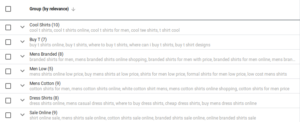
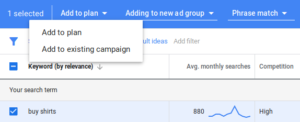

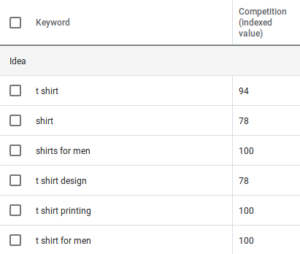
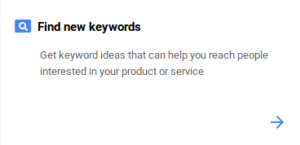
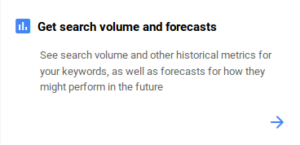



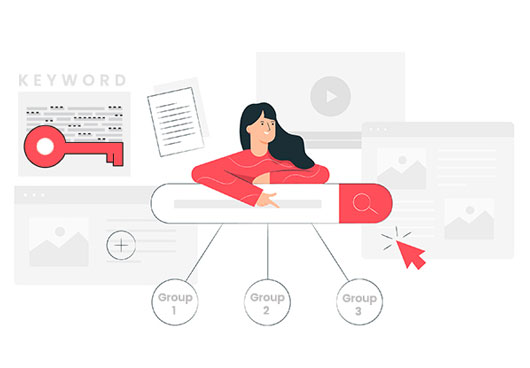












Leave a Reply